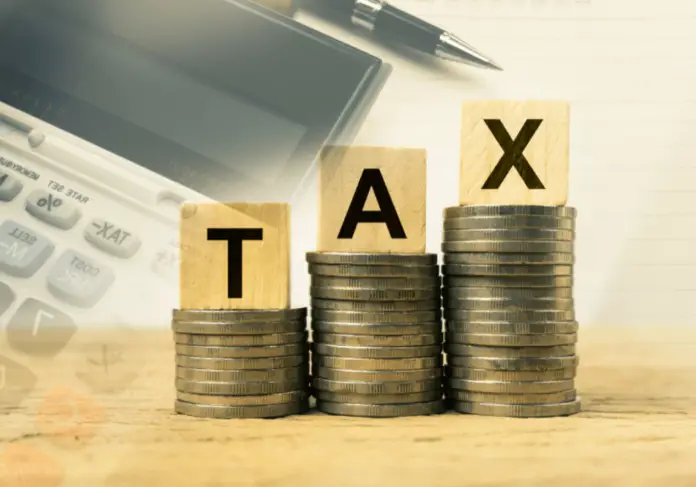Pakistan’s government is considering reversing some of its tax plans in reaction to public outrage and opposition from many quarters, especially about increases in income taxes for salaried individuals.
This action takes place amid growing unhappiness with the suggested fiscal policies meant to bring in an extra Rs 1.5 trillion in revenue for the next fiscal year.
Under Muhammad Aurangzeb’s leadership, the Finance Ministry has started internal consultations in response to strong criticism from both businesses and taxpayers. The planned budget, which would amount to 18.9 trillion rupees and would mark a startling 30% rise over the current fiscal year, is encountering increasing opposition due to its strong dependence on tax increases rather than spending reductions.
Finance Minister Aurangzeb, who has already donated 360 billion rupees this year alone, has put pressure on Prime Minister Shahbaz Sharif to reevaluate the heavy load placed on the salaried class. Even if 240 billion rupees have been tried to be taken out of this load, 75 billion rupees more in income taxes are planned for the next fiscal year.
Read More: CM Maryam Nawaz promises relief through Punjab budget
Moreover, ideas like an 18% sales tax on baby’s formula milk have generated a lot of discussion. Dairy industry stakeholders caution that if the tax increase is enacted suddenly, it may cause a sharp increase in pricing, which would be especially difficult for customers who are already struggling with growing living expenses.
The Senator Saleem Mandviwala-led Standing Committee on Finance has become a strong opponent of these tax increases. A careful examination of the financial measures is advised by Mandviwala’s committee, with special attention paid to levies that target vulnerable populations such as the salaried class and consumers of necessities.
Malik Amjad Zubair Towana, Chairman of the FBR, has expressed receptiveness to reexamining the suggested 18% sales tax on baby formula milk and has suggested a phased rollout in instead.
Opposition leaders including Senator Mohsin Aziz of Tehreek-e-Insaf have criticized the government for granting Pakistan International Airlines a 10-year plan to correct for deficits. According to Aziz, these actions might be seen as secret inducements for prospective purchasers of state-owned businesses, which would raise questions about fiscal responsibility and transparency.
To increase revenue collection and broaden the taxable base, the government has recommended strict measures in addition to adjustments to tax policies, such as prohibiting non-filers from traveling overseas.
The proposed tax reforms are now undergoing consideration and consultations. The outcome of these changes is contingent upon Pakistan’s financial capability and its obligations under the program of the International Monetary Fund.






